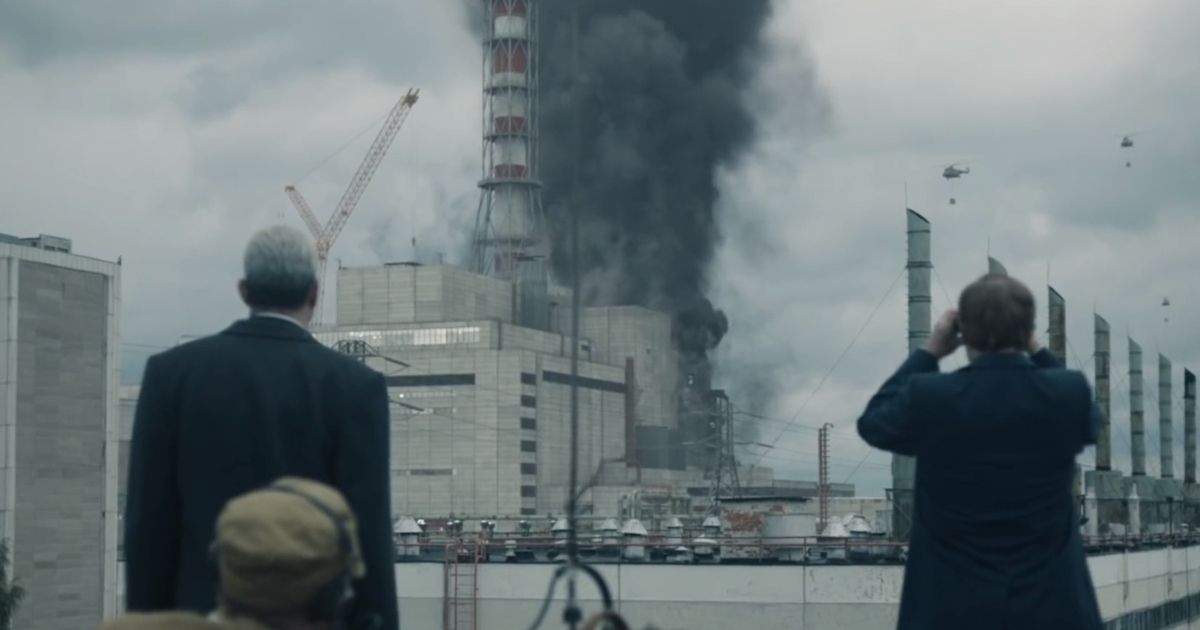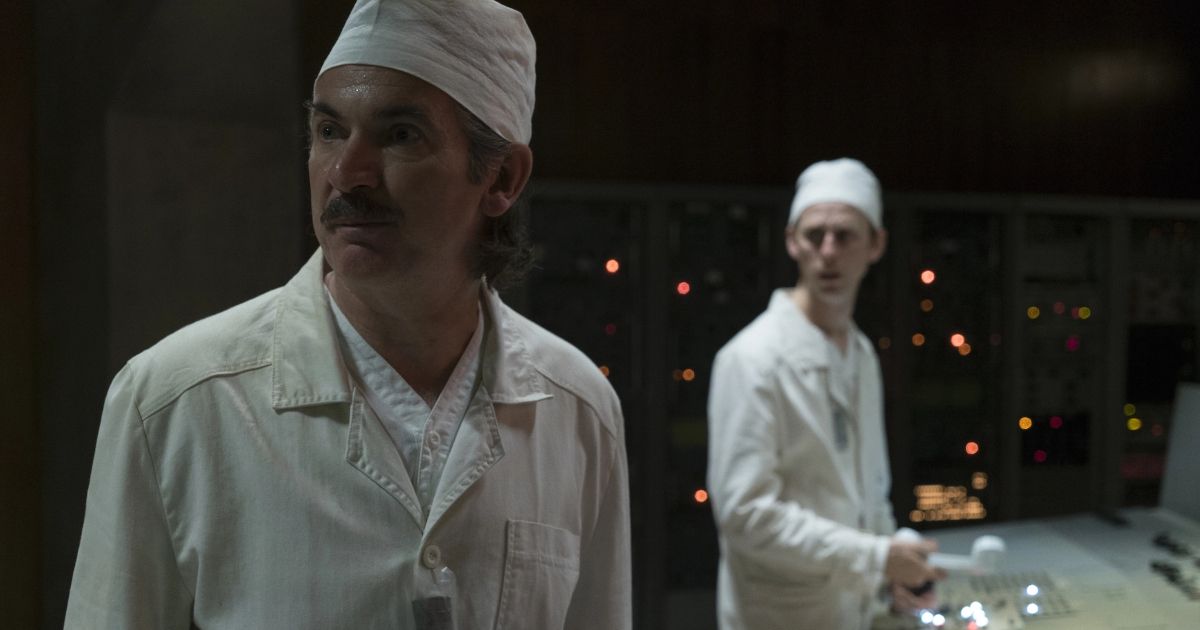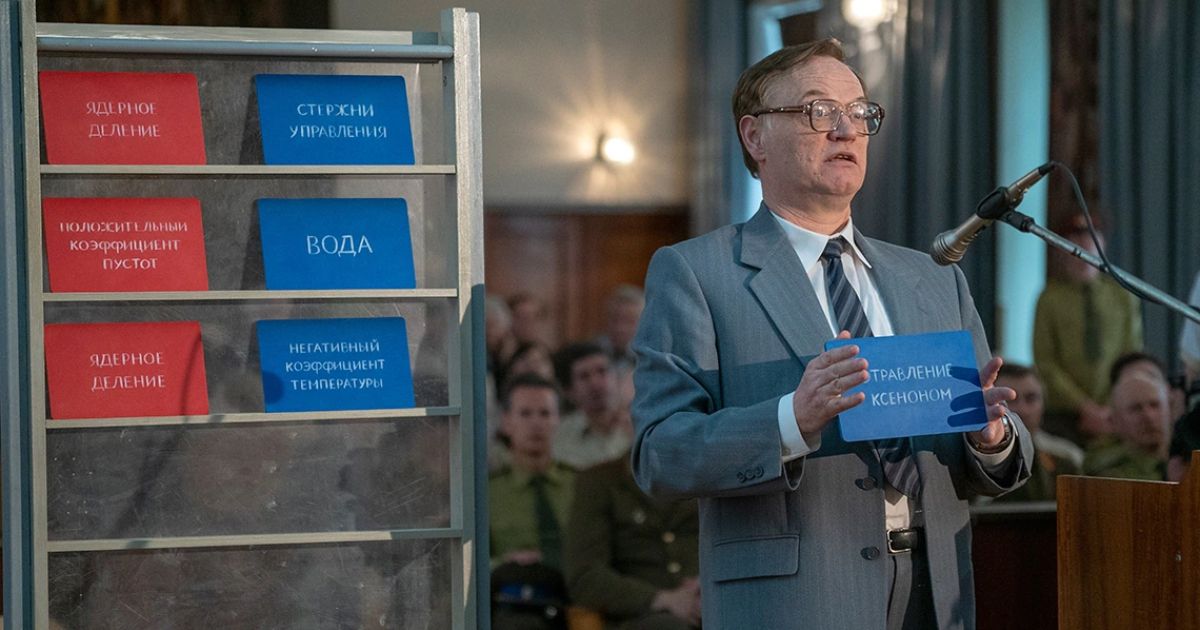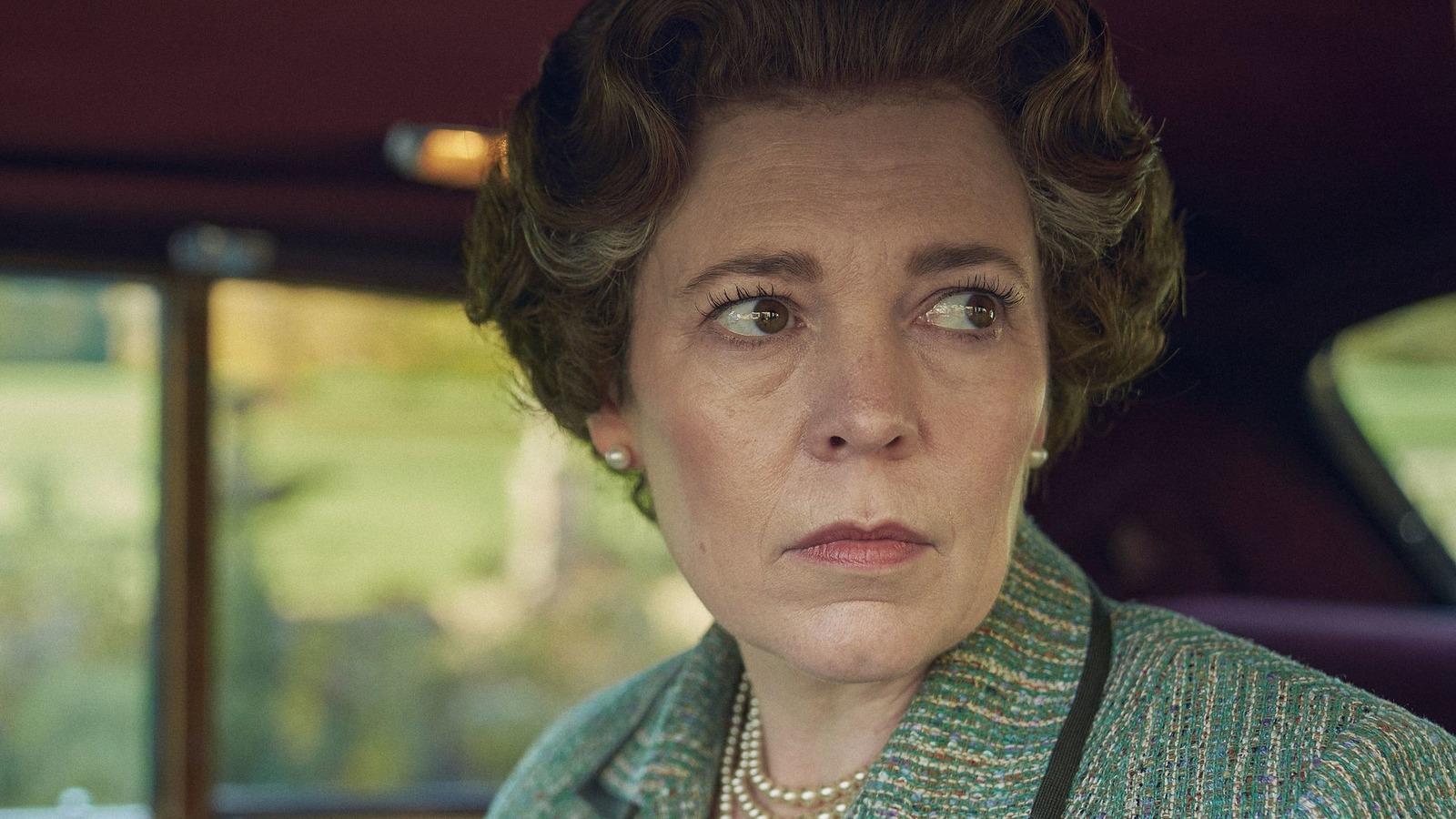#What Made the HBO Show Such a Relevant Masterpiece
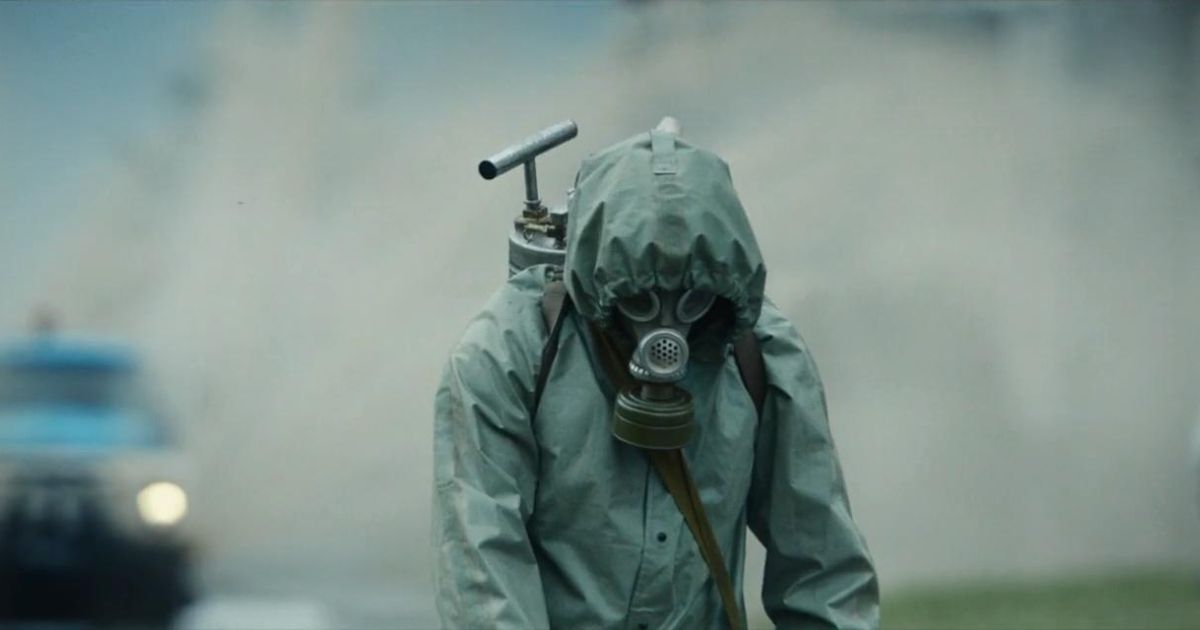
Table of Contents
“What Made the HBO Show Such a Relevant Masterpiece”
One of the best HBO miniseries of all time, Chernobyl also opened up many discussions on nuclear power, political bureaucracies, and the lack of transparency of certain countries. Chernobyl definitely taps into the dark histories of the 20th century, from the many debates on nuclear weapons to the power of state authority and the way in which civilians are often kept in the dark. With the recent release of HBO’s Chernobyl: The Lost Tapes, a documentary with “the full, unvarnished true story of what happened in one of the least understood tragedies of the twentieth century,” it might be a good time to revisit the series that shed light on this tragedy.
The Awful True Story of Chernobyl
The most obvious reason as to why this series is intensely dark is because it is a factual dramatization based on a true story that still has dark resonance today. While she disagrees with portions of Chernobyl, the great Russian-American journalist Masha Gessen writes in The New Yorker:
The material culture of the Soviet Union is reproduced with an accuracy that has never before been seen in Western television or film—or, for that matter, in Russian television or film.
By ensuring that the attires, architecture and set design, lighting, tone, and other aspects of the series reflect the real 1980s setting of Russia, the series allows the viewer to step back in time. This replication allows a dark and monochromatic atmosphere to be created, in turn making sure the audience feels the pain, the gloominess, and the shock that took place with the disaster that caused massive radiation poisoning, contaminating people all across Europe and Russia. It’s practically impossible to put a number on the true toll of the disaster, but, for a point of reference, 1.8 million people have the legal status of being victims of the disaster in Ukraine alone.
The way in which the series focuses on one of the worst nuclear disasters of the world is definitely chilling factor. It is obvious that even to date many details about the explosion have not been released. However, the series does give a glimpse of what happened by bringing it to the screen. Of course, it is clear that there are many inaccuracies because of the dramatized nature of the series and the secretive nature of the Soviet Union. However, by adding in the dramatic elements and characters who are representative of different facets of the Soviet apparatus and social structure, many cinematic ingredients are created to bring a true story effectively and emotionally to life.
Chernobyl and the Danger of Power, Both Human and Nuclear
There have been ongoing debates whether nuclear power is beneficial or not. Those in favor argue that it is a “reliable, emission-free, high-density energy” that can replace fossil fuels and help the environment However, history suggests otherwise, and the Chernobyl disaster is a very good example of it. This is because, quite simply, “an uncontrolled nuclear reaction in a nuclear reactor could result in widespread contamination of air and water,” according to the U.S. EIA, and most nuclear power plants are actually very close to major water supplies which would contaminate millions of people.
One of the key questions for humanity right now relates to the environment, and nuclear power presents a simultaneously dangerous risk and possible solution to the devastation of climate change. The series emphasizes this deadly ambiguity of power heavily, detailing radiation poisoning in perhaps the most disturbing way since the apocalyptic masterpiece The Day After. Chernobyl illustrates the way so many people died due to acute radiation sickness following the disaster. Additionally, the mental and physical health impact is definitely intense, with research and observations still being conducted.
Perhaps the most frustrating thing about Chernobyl is witnessing the men in power who were too stubborn to accept their mistakes, which ultimately paved the way for the disaster, and watching a system which should be blamed instead scapegoat only a few people. Whether this portrayal is completely accurate or now is up for debate, but it is definitely interesting how Chernobyl sheds light on selfishness and pride inherent in power (in a way, using nuclear power as a metaphorical backdrop). In using the Chernobyl disaster to diagnose not just the Soviet Union but the human condition, the series suggests that human beings, though highly intelligent, lose their humanity in direct relation to how much power they gain and have to protect.
Chernobyl: How People Become Victims of Corrupt Leaders
It’s not a shock that almost all of us are victims of corrupt leaders somewhere who seek higher positions for their personal, corporate, or filial gains. The current crisis in Sri Lanka is one such example where corrupt politicians put the lives of the country’s civilians at stake due to their selfish and stubborn greed-stricken selves. Chernobyl interestingly mirrors these corrupt political “deals” or decisions.
The series’ protagonist, Valery Legasov (played by Jared Harris), was ostracized for informing the international world on the disaster’s outcomes and using it as an example to shed light on nuclear power discussions. His daughter Inga Legasov states that
“He saw his main goal was not in justifying the Soviet Union and hide certain information, but, on the contrary, to educate the world community on what to do in such situations,”
The series focuses on the ways in which Legasov was treated by the state for his acts, showing how certain leaders and states prioritize their power over human life. It’d be too safe to say that now’s the perfect time to re-watch Chernobyl; sadly, the series about political corruption and tragedy will always be relevant. For the documentary account, be sure to check out Chernobyl: The Lost Tapes, streaming on HBO Max.
If you liked the article, do not forget to share it with your friends. Follow us on Google News too, click on the star and choose us from your favorites.
For forums sites go to Forum.BuradaBiliyorum.Com
If you want to read more Like this articles, you can visit our Social Media category.
